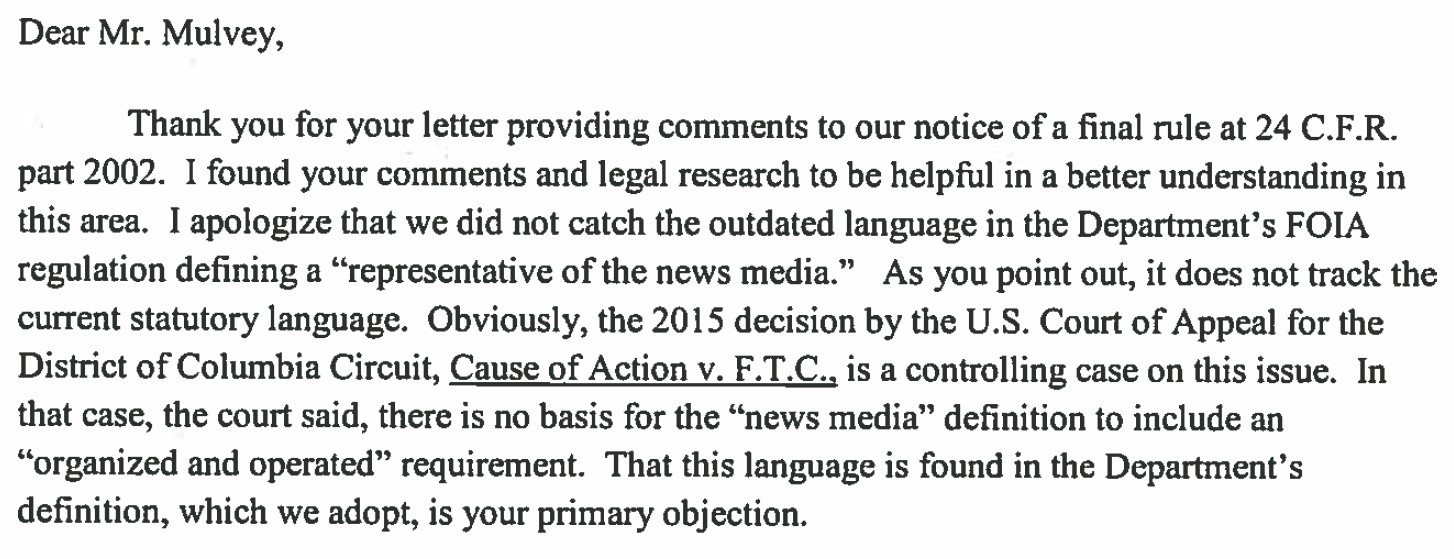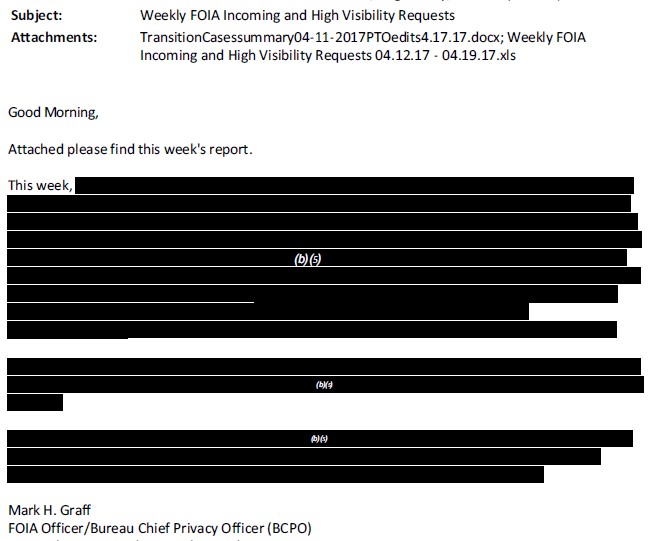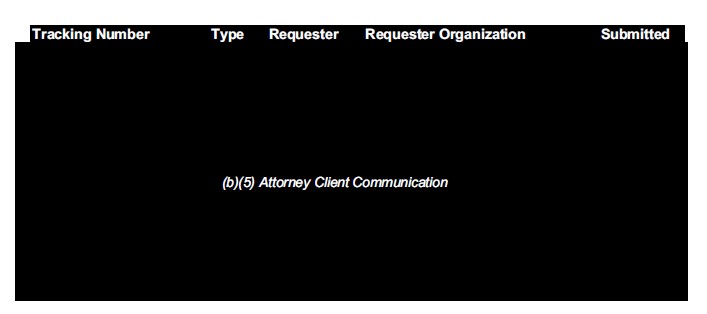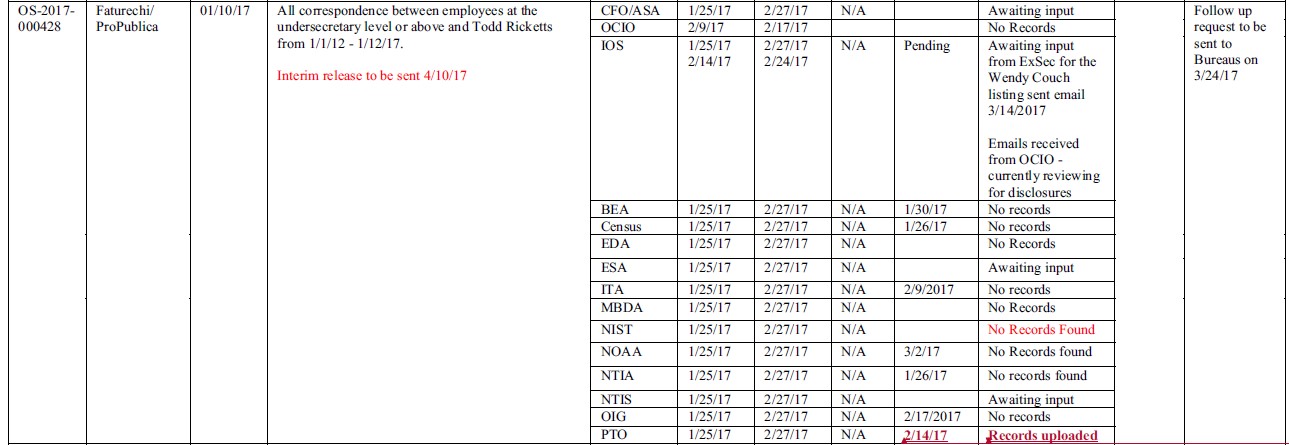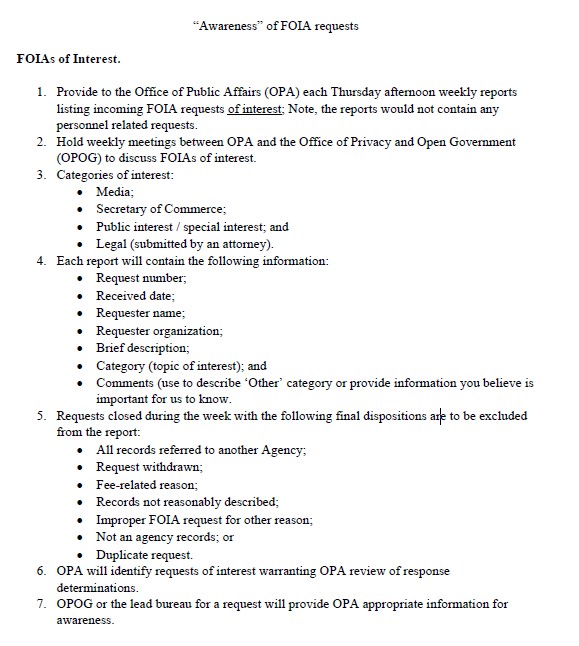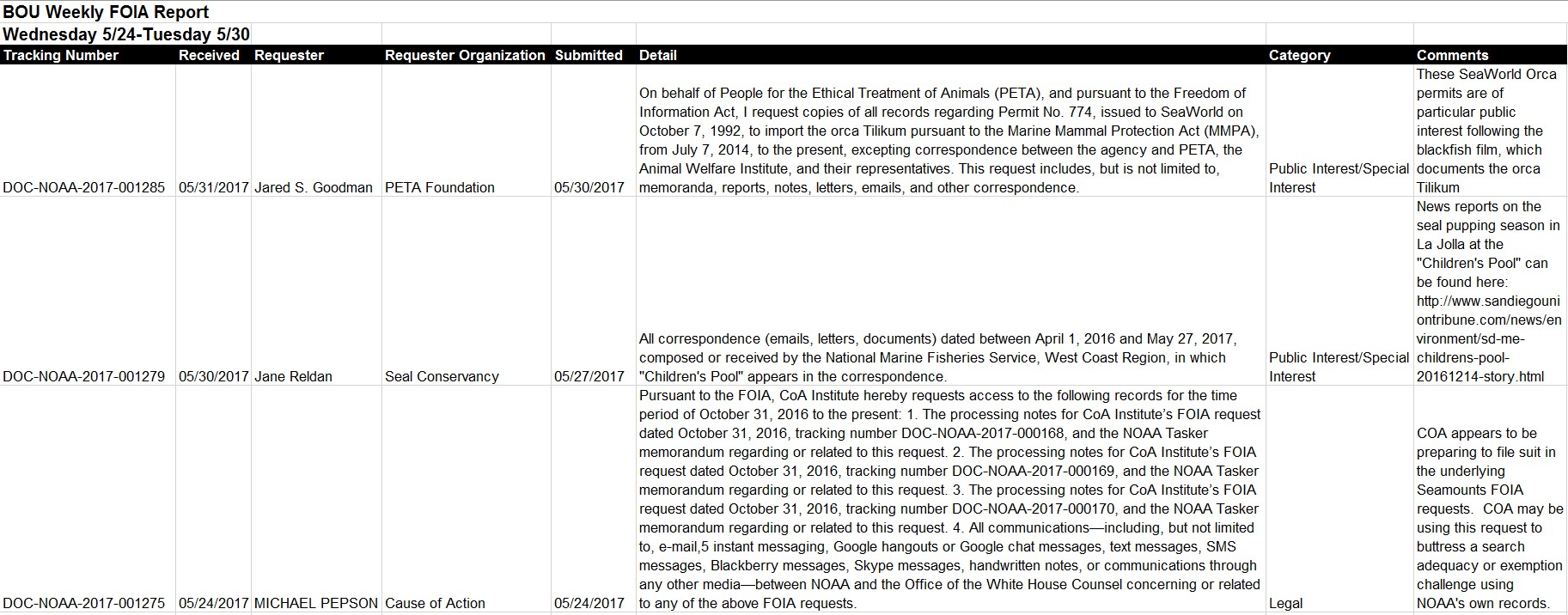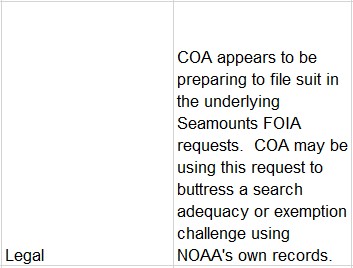The Department of Housing and Urban Development (“HUD”) Office of Inspector General (“OIG”) has responded to Cause of Action Institute’s (“CoA Institute’) letter requesting that the watchdog recall and revise its direct final rule implementing changes to its Freedom of Information Act (“FOIA”) regulations. CoA Institute criticized the OIG’s cross-referenced definition of a “representative of the news media,” which improperly retained the outdated “organized and operated” standard, rather than incorporating the statutory definition. The OIG now admits that its flawed FOIA rule “does not track the current statutory language,” and agrees that the D.C. Circuit’s decision in Cause of Action v. Federal Trade Commission is controlling.
As we previously explained, the OIG, as an independent component of HUD, maintains its own rules regulating public access to its records. Yet the OIG still relies on department-wide FOIA policy in certain respects, including HUD’s general provisions for charging fees to requesters. With respect to the definition of a news media requester, HUD’s regulations do not comport with statutory and judicial authorities.
Although the HUD watchdog concedes it promulgated a flawed FOIA rule, it will not commit to revising its regulations due to the “difficulty” of doing so. The OIG has instead forwarded CoA Institute’s letter to HUD with the request that the agency-wide regulations be amended.
Unfortunately, HUD issued its own final rule implementing revised FOIA regulations back in January 2017. When it did so, the agency did not solicit public feedback. CoA Institute nevertheless submitted a comment to explain the deficiency in HUD’s rule. That comment went unanswered and, to date, HUD has not indicated any intention of revisiting its flawed rule. It is promising that the OIG agrees there is a serious deficiency in its regulations. Considering that acknowledgement, though, the agency should undertake efforts now to fix the obvious error.
Ryan Mulvey is Counsel at Cause of Action Institute
